Optimal Seasons for Ridge Vent Installation
Ridge vent installations are most effective when performed during periods of moderate weather, avoiding extreme cold or heat. Installing during spring or fall allows for optimal conditions, reducing the risk of thermal expansion or contraction issues.
Spring and fall offer mild weather, making installation easier and more efficient. Avoiding peak summer or winter ensures better working conditions.
Dry weather is essential for proper sealing and insulation. Rain or snow can delay installation and compromise the quality of the work.
Extreme temperatures can affect the materials used in ridge vents, potentially causing warping or improper fitting if installed during very hot or cold periods.
Scheduling installation before peak summer or winter ensures the roof is well-ventilated during the hottest or coldest months, improving energy efficiency.
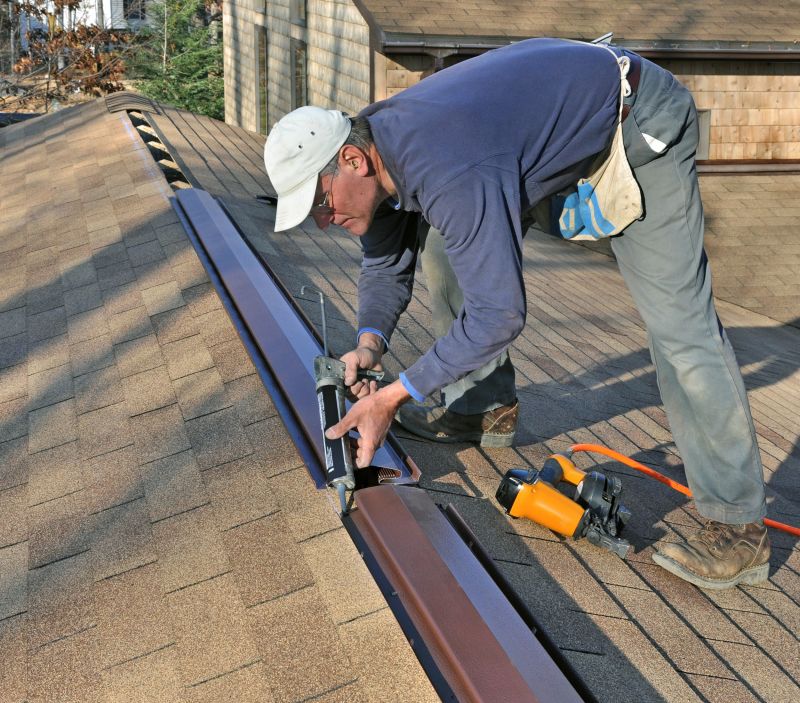
Installation during spring ensures optimal weather conditions for proper sealing and fitting.
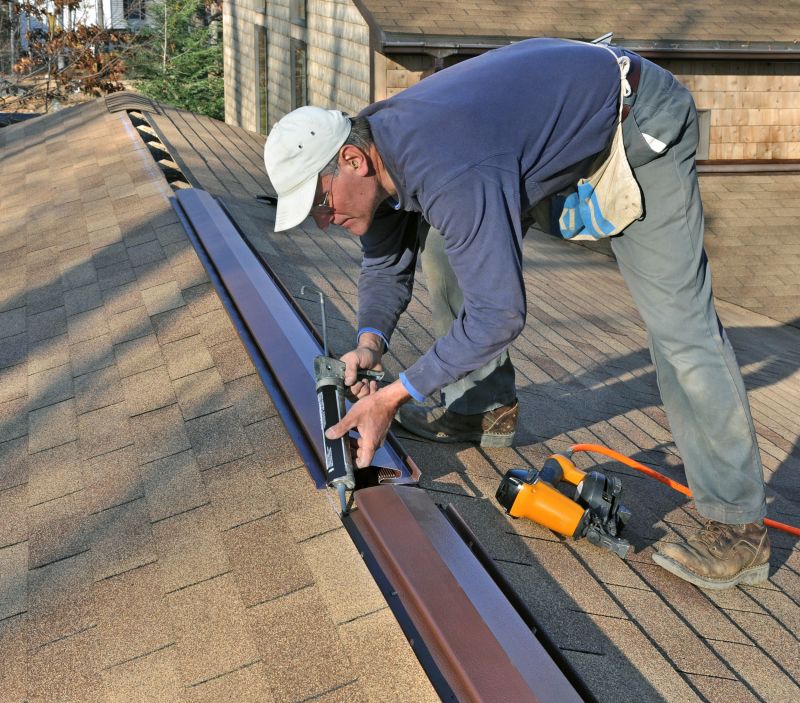
Mild weather conditions facilitate easier installation and better material performance.
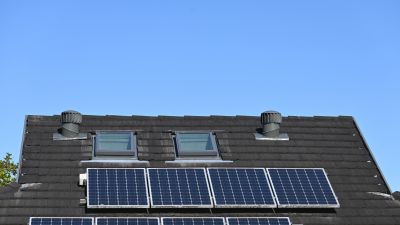
Proper preparation during favorable seasons enhances ventilation efficiency.
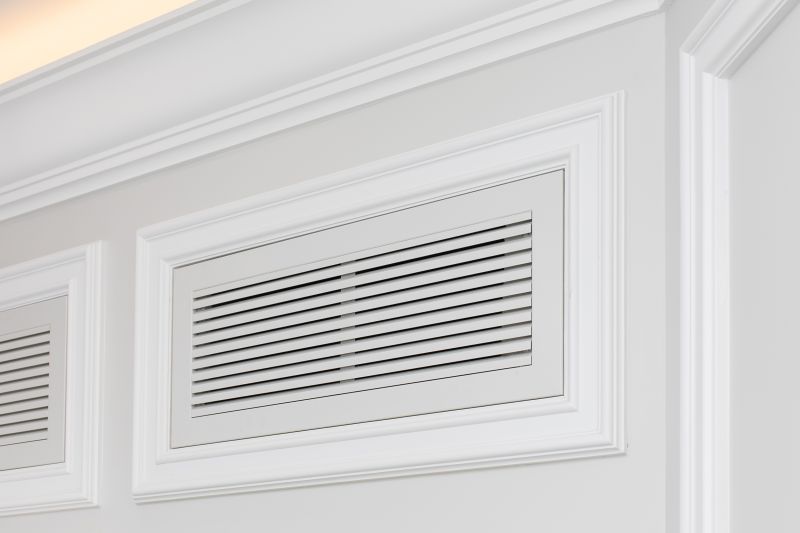
Ways to make Ridge Vent Installations work in tight or awkward layouts.
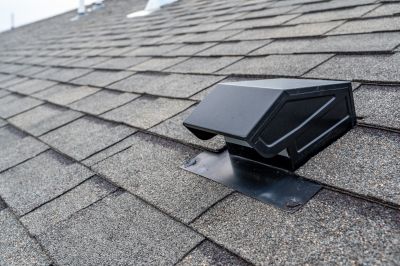
Popular materials for Ridge Vent Installations and why they hold up over time.
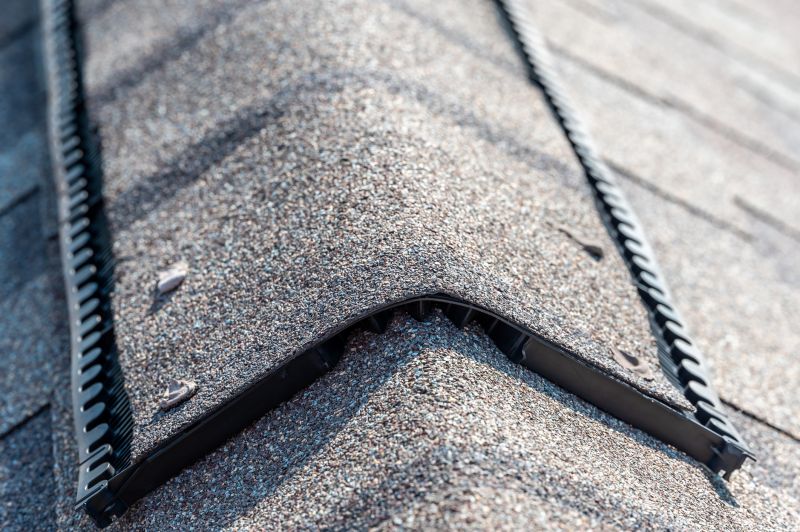
Simple add-ons that improve Ridge Vent Installations without blowing the budget.
| Season | Ideal Conditions |
|---|---|
| Spring | Moderate temperatures, dry weather, optimal for installation. |
| Summer | Hot temperatures; best avoided during peak heat for installation. |
| Fall | Mild weather, ideal for installation before cold weather sets in. |
| Winter | Cold and potentially snowy conditions; generally not recommended. |
Ridge vent installations contribute significantly to attic ventilation, helping to regulate temperature and moisture levels. Proper timing ensures the longevity and effectiveness of the system, preventing common issues such as moisture buildup and heat accumulation. Selecting an appropriate season minimizes delays and ensures the installation process proceeds smoothly, resulting in a well-ventilated roof space.

Installing ridge vents during favorable weather conditions ensures a secure fit and optimal performance.
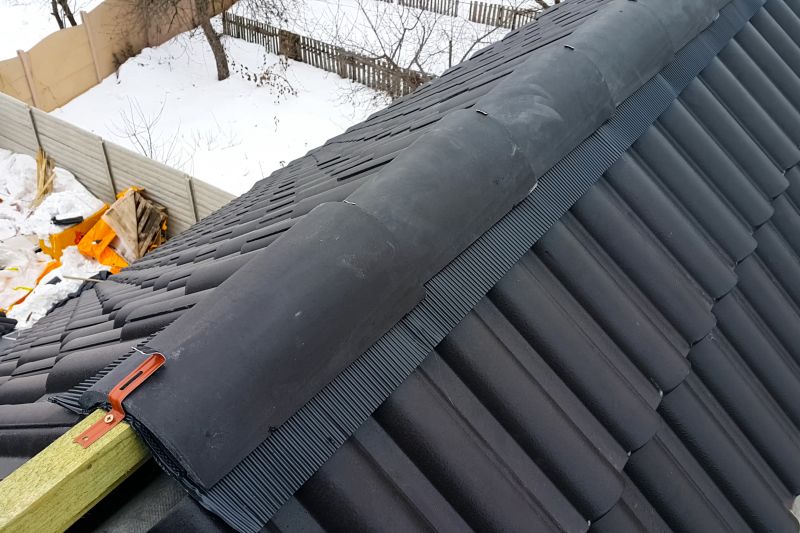
Properly installed ridge vents provide continuous ventilation along the roof ridge.
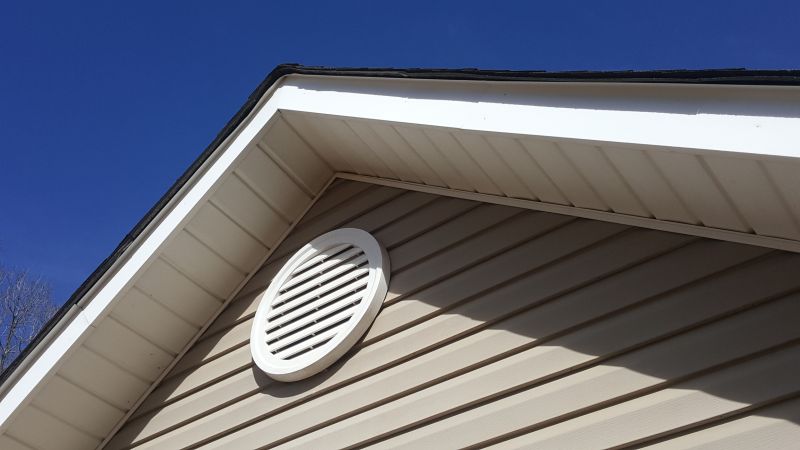
Effective ridge vent installation improves attic airflow and energy efficiency.
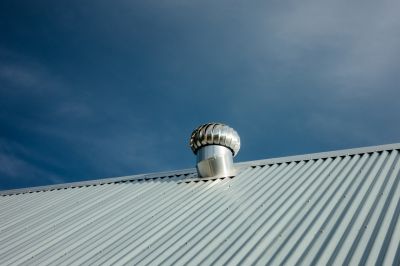
Specialized tools and proper weather conditions are essential for quality installation.
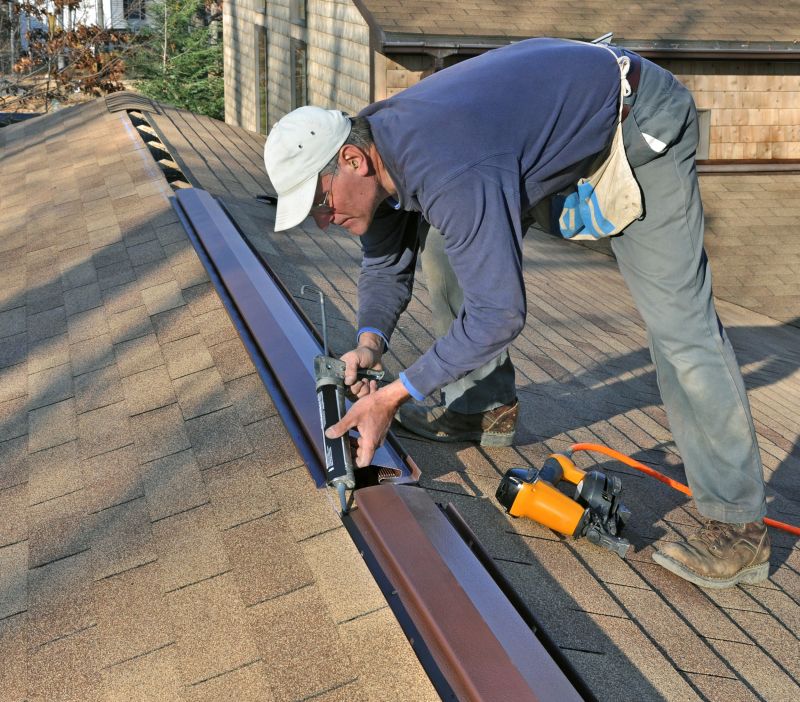
High-end options that actually feel worth it for Ridge Vent Installations.
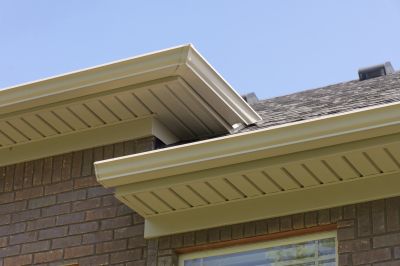
Finishes and colors that play nicely with Ridge Vent Installations.
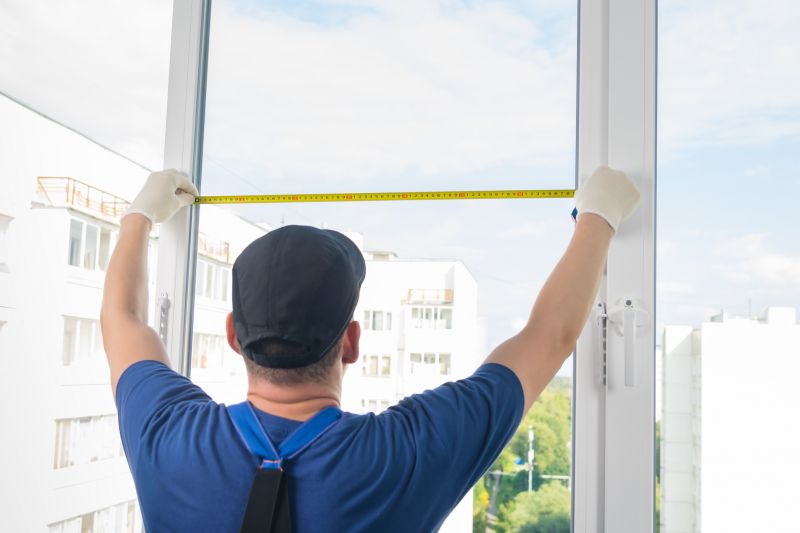
Little measurements that prevent headaches on Ridge Vent Installations day.
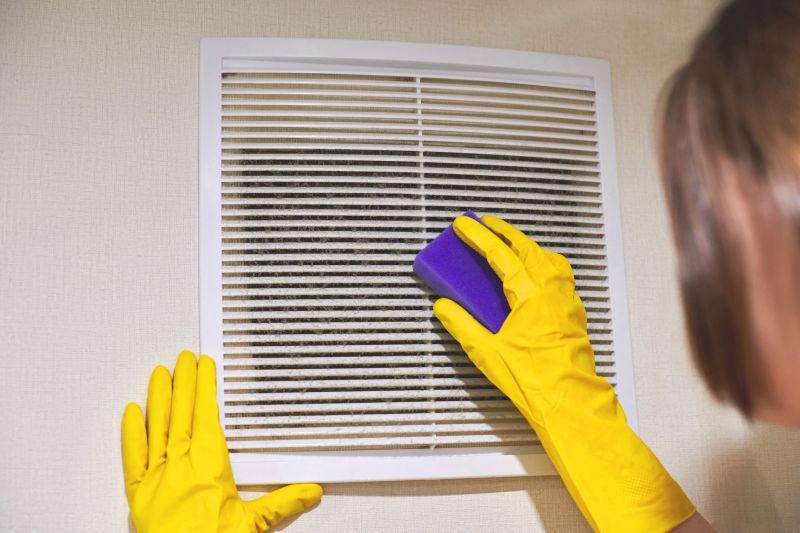
A 60-second routine that keeps Ridge Vent Installations looking new.
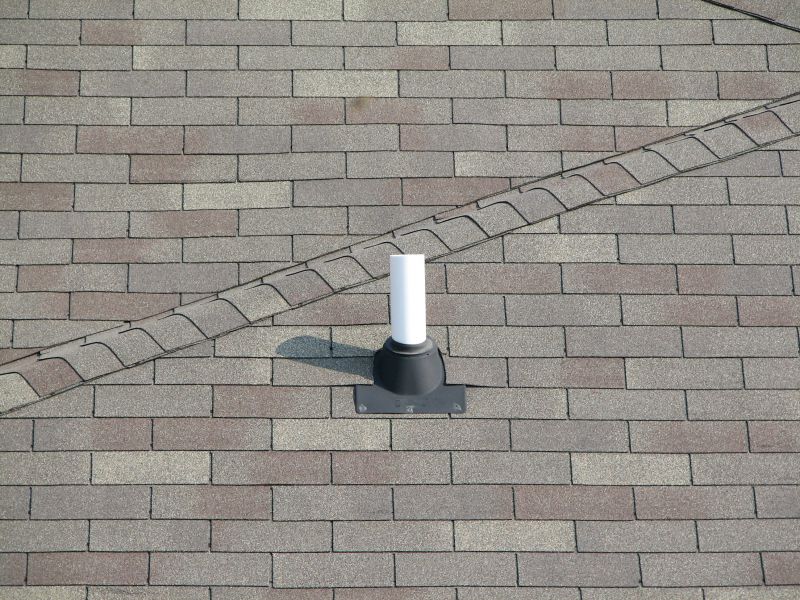
A frequent mistake in Ridge Vent Installations and how to dodge it.

Small tweaks to make Ridge Vent Installations safer and easier to use.
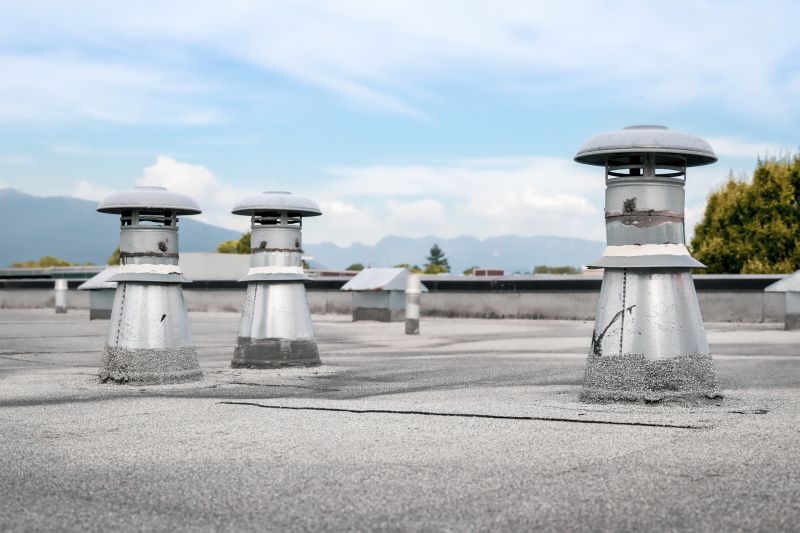
Lower-waste or water-saving choices for Ridge Vent Installations.
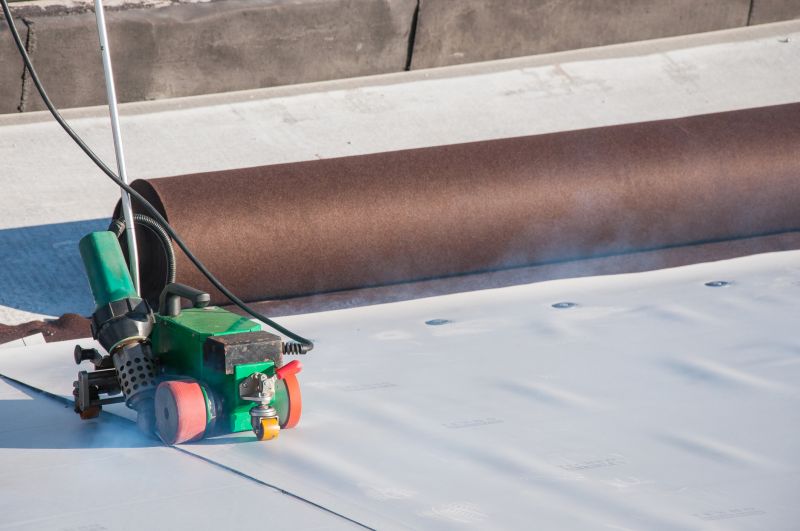
The short, realistic tool list for quality Ridge Vent Installations.
Interested parties are encouraged to contact for more information on ridge vent installation timing. Proper scheduling and execution can enhance roof longevity and attic ventilation performance, ensuring energy efficiency and moisture control.



